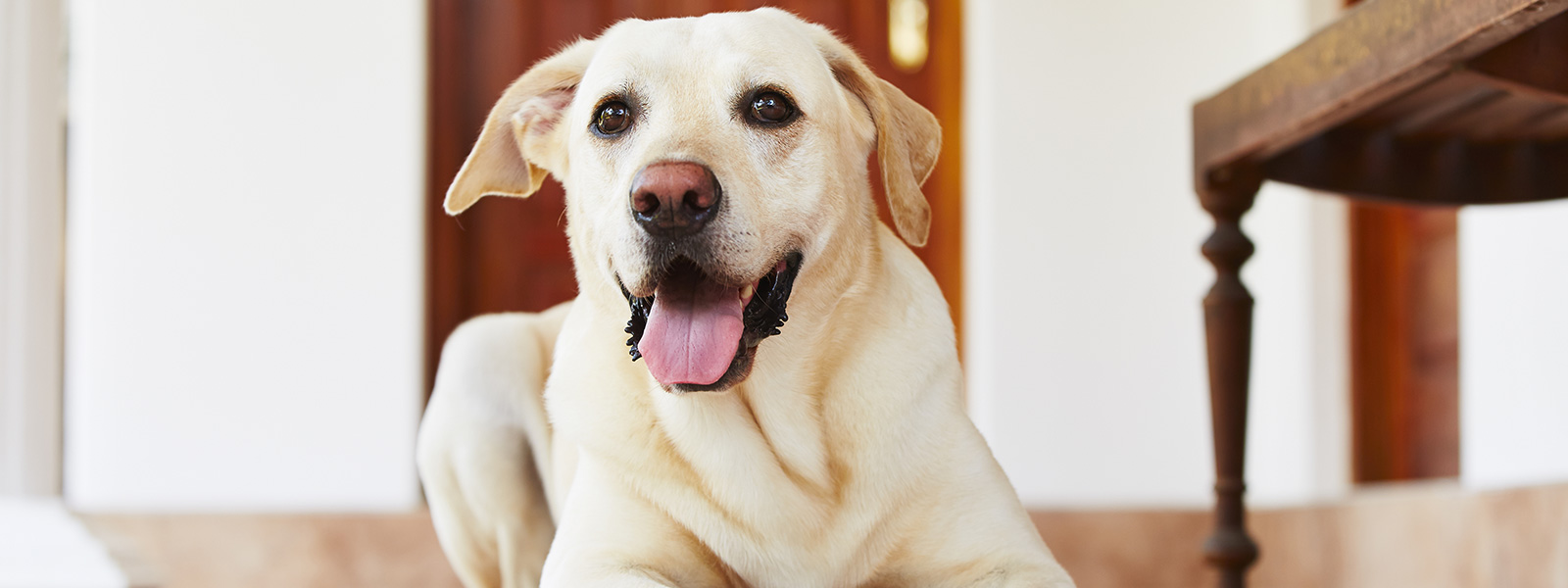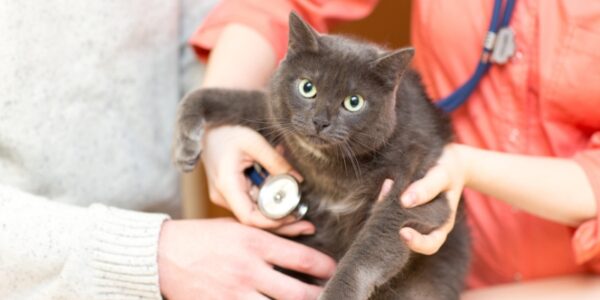Vets on Balwyn provides quality care to pets at all stages of life, but we have a soft spot reserved for our senior pets. Once your cat or dog turns seven, they are considered a senior and at this age, pets need a little extra love and care as well as more frequent check-ups to ensure they get the most out of their golden years.
We recommend bringing your senior pet in for a check-up once every six months as at this age, they tend to be more vulnerable to certain health conditions including:
- Dental disease and sore teeth
- Skin tumours
- Heart disease
- Arthritis
- Gastrointestinal problems
- Skin disease
- Eye and ear problems
- High blood pressure
Blood testing
We recommend annual blood testing for pets over 7 years of age. This simple and sensitive test can be used to diagnose several very serious health conditions (diabetes, kidney disease, liver disease, tumours) which can affect older pets but often don’t produce symptoms until the disease is well advanced. These tests are performed and processed in-house by our pathology lab, so we can provide fast and accurate results that could potentially save your pet’s life.
Arthritis
An important part of your senior pet’s six monthly check-ups involves checking their joints for signs of arthritis. This condition is extremely common in older pets and it can be quite painful if left untreated. Fortunately, the condition can be managed with medication and a few lifestyle adjustments. Some of the common signs of arthritis in a senior pet include a slowed walking pace, lowered activity levels, a reluctance to jump and stiffness when getting up.
Blood pressure
High blood pressure is a common problem in older cats and is associated with serious diseases including blindness, kidney disease and thyroid problems. Because of this, a painless, non-invasive blood pressure test is standard when you bring your senior cat in for their check-up as it allows us to monitor your pet’s blood pressure over time for any significant changes.
If you have a senior pet over 7, your vet will chat with you about senior pet care and the urine and/or blood tests we recommend the next time you bring them into the surgery.




